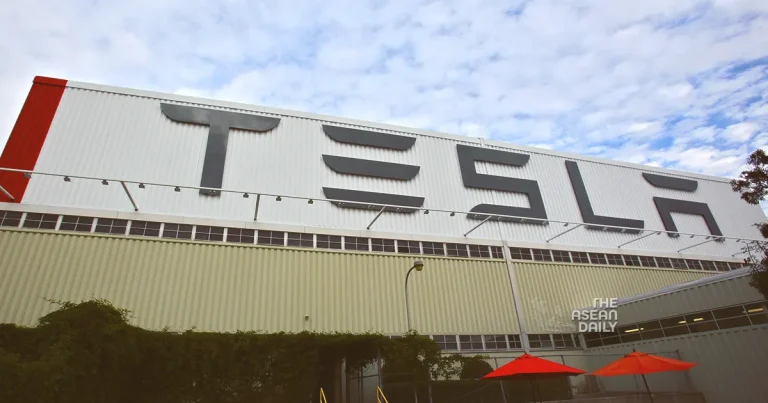6-8-2024 (BANGKOK) In a surprising turn of events, American electric vehicle giant Tesla has abandoned its ambitious plans to establish a manufacturing plant in Thailand, opting instead to concentrate solely on the development of charging stations, according to a high-level source at Government House.
This decision marks a significant shift from the company’s earlier intentions, which had been warmly received by Thai officials. The move comes in the wake of Tesla disbanding a team of executives who had visited Thailand in late 2023 to explore investment opportunities.
“Tesla’s current discussions are limited to charging stations, with factory plans suspended not just in Thailand but globally. They are not proceeding with manufacturing facilities in Malaysia, Indonesia, or anywhere else except for their existing operations in China, America, and Germany,” the source revealed, speaking on condition of anonymity.
The news comes as a blow to Prime Minister Srettha Thavisin’s administration, which had enthusiastically announced in November 2023 that Tesla was poised to make Thailand a hub for its EV manufacturing. This announcement followed several high-profile meetings between the Prime Minister and Tesla executives, both in the United States and Thailand.
Srettha had personally toured Tesla’s Fremont Factory in California during his visit to the US for the 30th APEC Economic Leaders’ Meeting. The Prime Minister had also hosted senior Tesla executive Rohan Patel at the Yi Peng festival in Chiang Mai, further fuelling expectations of a major investment.
At the time, there was considerable optimism surrounding Tesla’s plans. The company was reportedly surveying three potential factory sites in Thailand and was expected to announce an investment of over US$5 billion in the first quarter of 2024. However, these plans have now been shelved as part of Tesla’s broader withdrawal of investment across Asia and beyond.
This decision aligns with Tesla’s recent global strategy shifts. The company had previously announced the halting of plans to build a gigafactory in Mexico, citing concerns over potential tariffs proposed by US presidential candidate Donald Trump. The Mexican project, first announced in March 2023, had already faced multiple delays and uncertainties.
The cancellation of the Thai factory plans represents a significant setback for Thailand’s ambitions to become a major player in the global EV industry. The country had been positioning itself as an attractive destination for EV manufacturers, with the government offering various incentives to encourage investment in this sector.
While Tesla’s decision to focus on charging stations rather than manufacturing may still bring some benefits to Thailand’s EV infrastructure, it falls short of the transformative impact that a full-scale manufacturing plant would have had on the country’s automotive industry and economy.
Industry analysts suggest that Tesla’s change of heart may be influenced by a combination of factors, including global economic uncertainties, shifts in EV market dynamics, and the company’s own strategic reassessment of its manufacturing footprint.




